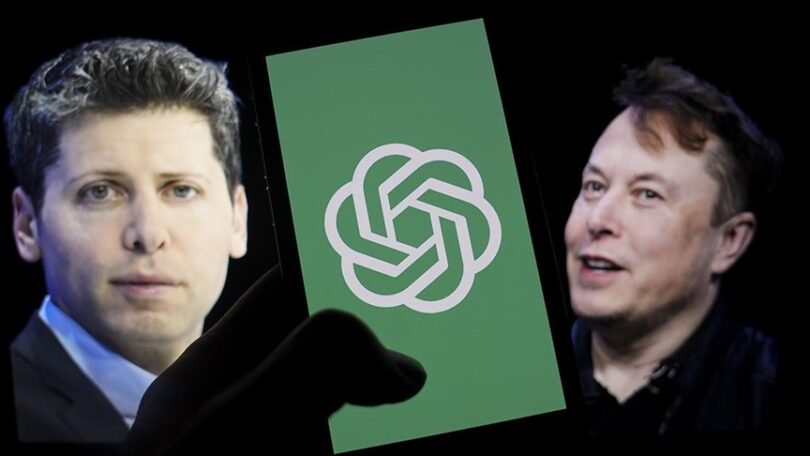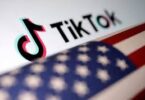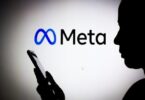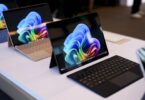(AA): Elon Musk’s feud with US-based artificial intelligence firm, OpenAI, was reignited as the CEO of Tesla said he would “ban” Apple products at his companies after the iPhone maker announced it is going to integrate ChatGPT into its upcoming operating system releases.
Apple held its annual Worldwide Developers Conference (WWDC) on Monday, where the company showcased upgrades to its software lineup, such as iOS 18, iPadOS 18, macOS Sequoia and more.
The iPhone maker revealed “Apple Intelligence,” the hybrid and “agentic” artificial intelligence (AI) system that will be a part of Apple’s software ecosystem in the near future.
Apple Intelligence functions as a personal on-device AI that can complete a myriad of tasks, such as helping the user write using different tones, summarize text and generate images and emojis via text and or image input, as well as analyzing and sequencing messages, e-mails and photos to remind the user of upcoming flights, orders, meetings and more.
Apple’s AI solution works mostly within the boundaries of the device to ensure data privacy, as the Neural Engine — the machine learning chip onboard the modern Apple A and M series SoCs (system on chips) — is tasked with answering prompts and executing other tasks.
But tasks requiring larger datasets and more domain-specific information will rely on ChatGPT, specifically the 4o version at no cost, to execute more difficult tasks at the consent of the user, as well as the “Private Cloud Compute” — the Apple-made servers for AI processing.
The ChatGPT integration into the virtual assistant Siri, and Apple’s software ecosystem at large, caused controversy on social media, as Musk called it “an unacceptable security violation.”
“Visitors will have to check their Apple devices at the door, where they will be stored in a Faraday cage,” said Musk. “It’s patently absurd that Apple isn’t smart enough to make their own AI, yet is somehow capable of ensuring that OpenAl will protect your security and privacy.”
Musk drops lawsuit against OpenAI for no given reason
Musk’s feud with OpenAI has been going on for quite some time, which began when he claimed that the company deviated from its purpose and turned to a profit-oriented approach.
Musk is one of the co-founders of OpenAI, and he claims that the firm set out in 2015 to develop AI to benefit humanity as a non-profit.
He left OpenAI’s board of directors in 2018 when the firm’s approach allegedly became more closed-source and for-profit under the influence of Microsoft.
Musk filed a lawsuit against OpenAI at the end of February to return to its founding principles. OpenAI, however, rejected Musk’s claims and said he attempted to gain full control of the firm and merge it with Tesla, which was turned down by OpenAI executives, resulting in Musk’s withdrawing his financial support.
OpenAI released a blog post March 5 named “OpenAI and Elon Musk,” revealing Musk’s emails, after which Musk’s case against the firm was withdrawn Wednesday without a stated reason, one day before the hearing.







